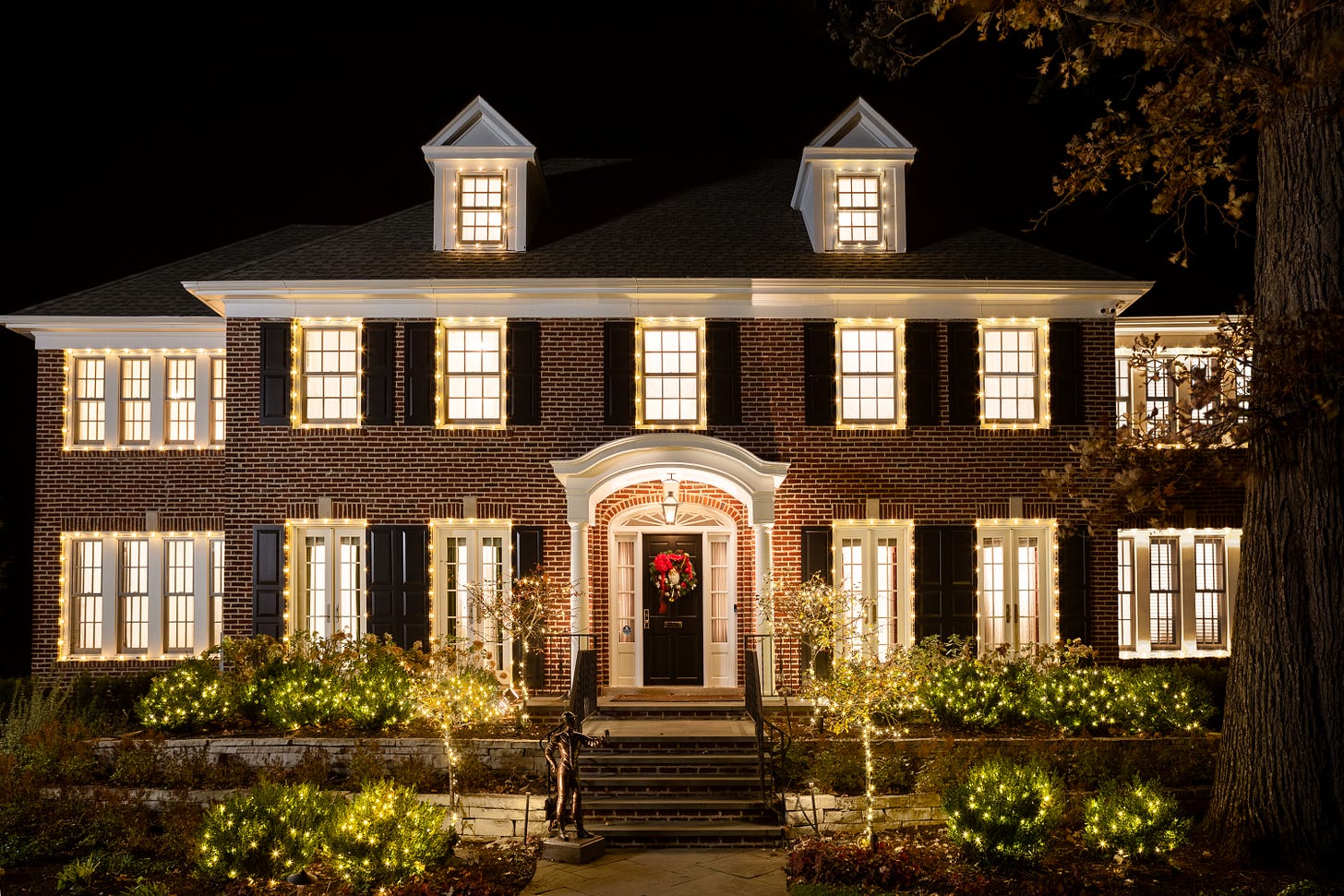What Does It Mean To Be Upper Middle Class?
Matriarchs for the Good Life: Part One
This series, Matriarchs for the Good Life, explores what “upper middle class” means in America today, as opposed to the 80s and 90s of my childhood, and reasons through the status and value maternal labor brings to the household aside from—or perhaps in addition to—income. How much of a difference does non-monetary capital make? If a woman consciously d…
Keep reading with a 7-day free trial
Subscribe to Matriarch Goals to keep reading this post and get 7 days of free access to the full post archives.


